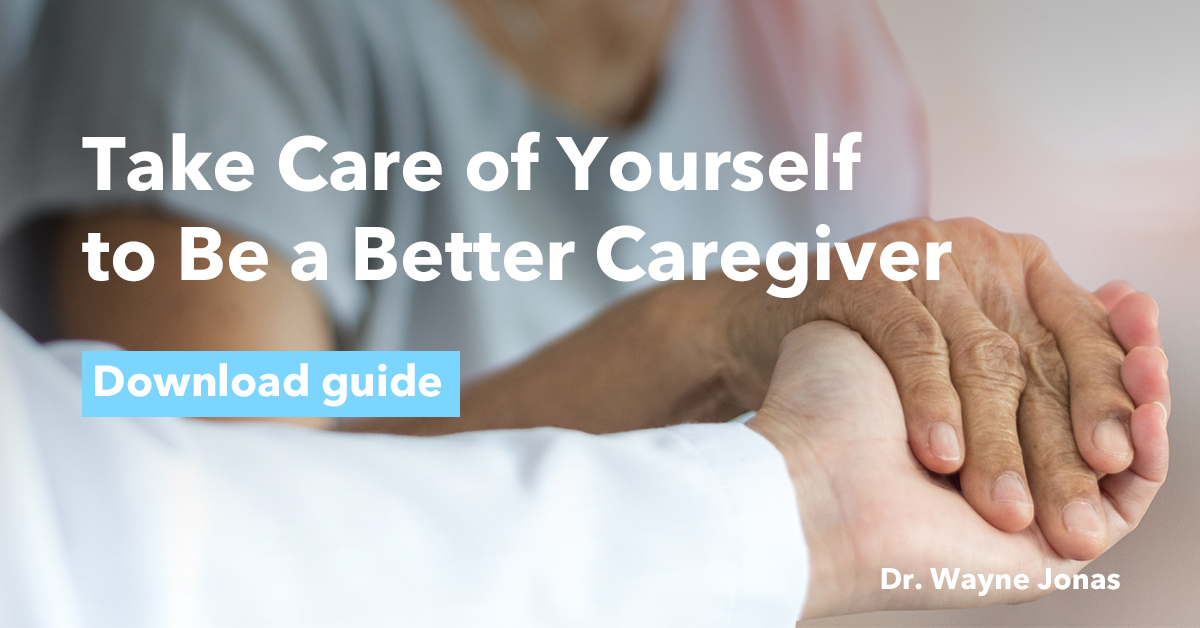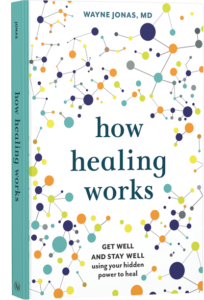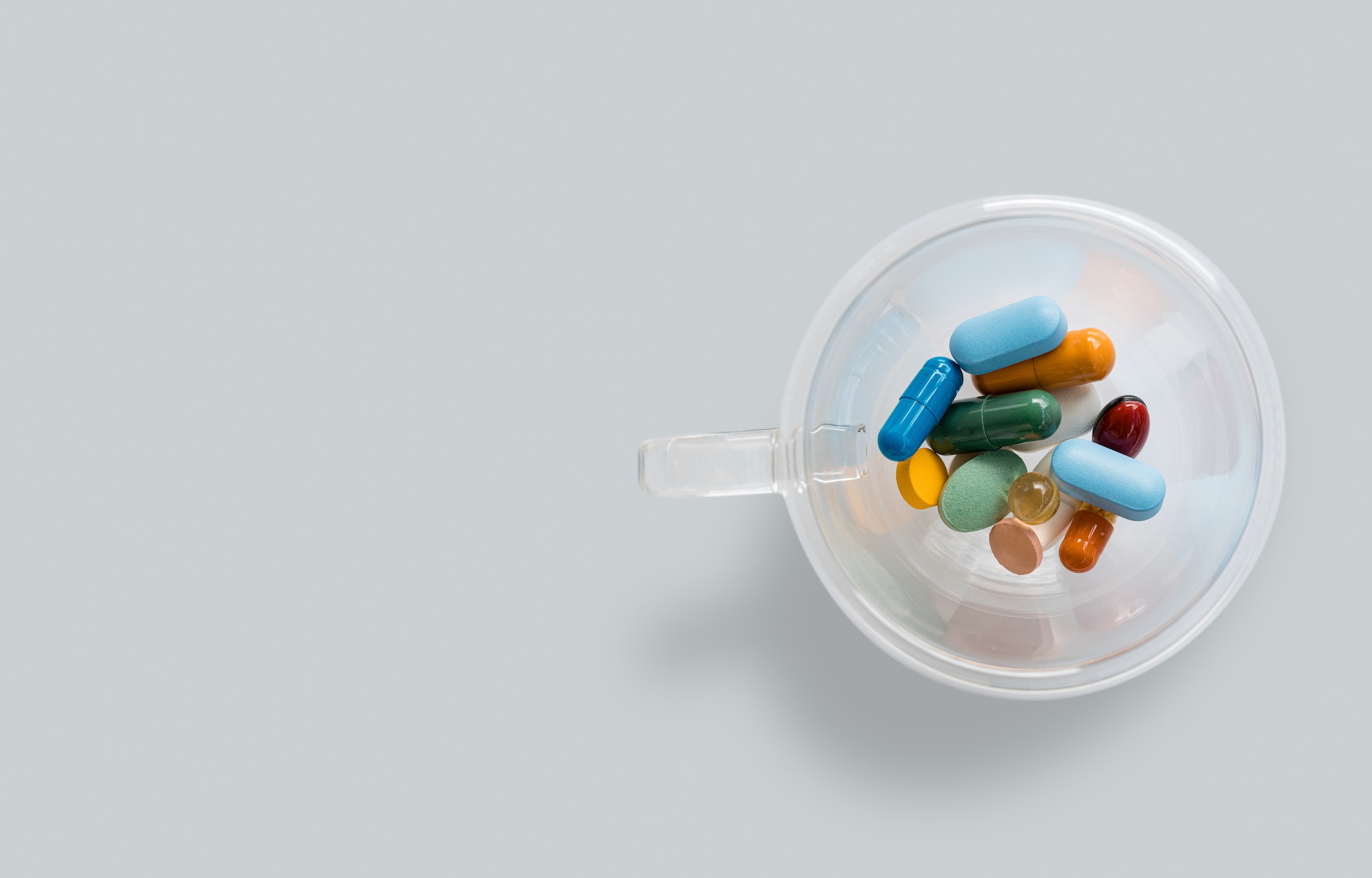Myths about cancer spread because they seem to make sense. The internet is full of these myths and friends and family members who are trying to help people with cancer often share them.
The truth is that these there’s no credible evidence for these myths. Paying attention to them only causes more stress and worry.
Here are 5 common myths about cancer and why you should tune them out.
1. If it’s natural, it must be safe and better.
People often think that natural products like herbs and botanical supplements are safe. But many plants are toxic or deadly. Some herbal products can interfere with cancer treatments. St. John’s Wort, for example, makes chemotherapy less effective and worsens skin problems from radiation therapy.
Available evidence about natural products varies. At best, there is some evidence that certain herbs and botanical supplements work for and are safe in coping with some side effects of cancer treatment, according to Your Healing Journey: A Patient’s Guide to Integrative Breast Cancer Care. For example ginger can relieve nausea and vomiting from chemo and ginseng can reduce fatigue. There is no evidence that any herbal product can treat cancer.
Talk to your cancer care team before using any natural product and to learn more about natural products read our guide to integrative breast cancer care.
2. Dietary supplements can’t hurt you if you take them with cancer treatment.
Using dietary supplements during cancer treatment can be dangerous. Dietary supplements can interact with your cancer treatment and make it less effective, according to our guide to integrative breast cancer care.
Dietary supplements include vitamins, minerals, herbs or products made from plants, animal parts, algae, seafood or yeasts. The quality of dietary supplements varies and sellers in the United States don’t have to show that they’re safe and effective. A lot of the information about dietary supplements is wrong.
Eat whole foods packed with cancer-fighting phytochemicals and nutrients instead of taking dietary supplements. Whole foods include vegetables, fruits, whole grains, nuts and legumes.
Learn More about Dietary Supplement
- Read our guide to integrative breast cancer care.
- Visit About Herbs, Botanicals and Other Products on Memorial Sloan-Kettering Cancer Center’s website.
- Download Memorial Sloan-Kettering Cancer Center’s About Herbs app.
Talk to your cancer care team before using any dietary supplement.
3. Sugar makes cancer grow.
Sugar doesn’t make cancer spread faster and not eating sugar won’t cure cancer. But you shouldn’t have too much sugar during cancer treatment because it’s not healthy.
Healthy eating will help you feel better and heal and recover faster. Also, some cancer treatments work better if you’re well-nourished and are eating enough calories and protein.
To nourish your body, mind and spirit during cancer treatment eat:
- Lots of vegetables and fruit
- Moderate amounts of whole grains, and plant protein like nuts, beans, lentils, tofu and tempeh
- Moderate portions of fish, poultry, lean meats and non-fat or low-fat dairy foods
Learn More about Healthy Eating
- Read more about heathy eating in our integrative breast cancer guide, including:
- Making healthy food delicious
- Stocking your cancer-fighting kitchen
- Get free recipes from The Cancer-Fighting Kitchen, Second Edition: Nourishing, Big-Flavor Recipes for Cancer Treatment and Recovery by Rebecca Katz.
- Visit How to cope with common eating problems from the American Cancer Society

4. Attitude—positive or negative—determines how likely you are to recover from cancer.
Your attitude doesn’t affect your risk of developing or dying from cancer. “If you have cancer, it’s normal to feel sad, angry, or discouraged sometimes and positive or upbeat at other times,” says the National Cancer Institute.
Getting social support can help you have a more a positive attitude. Social support empowers you to fight your cancer and helps you feel better during treatment. It can come from:
- Family and friends
- Support groups
- One-on-one counseling
- Online communities
- Tools to communicate with family and friends like Caring Bridge.
Get Support
- Read more about social support in our integrative breast cancer guide.
- Visit the American Cancer Society’s website to find support programs and services near you.
5. Oncologists don’t want you to try complementary treatments.
Oncologists want their patients to get safe and effective treatments, whether they’re conventional or complementary. But some complementary treatments can interfere with your conventional cancer treatment. Others don’t work or might hurt you. Oncologists want to help you choose complementary treatments that will help relieve your symptoms and treatment side effects, and use them safely.
Also, oncologists want to make sure that you use complementary treatments along with conventional cancer care. This is called integrative cancer care. Many leading cancer centers offer integrative oncology or integrative medicine services or programs.
Learn More about Integrative Cancer Care
Many National Cancer Institute- (NCI-) Designated Cancer Centers offer integrative oncology or medicine services or related programs. Find an NCI center near you here.
If your cancer center doesn’t offer integrative oncology or medicine, talk to your doctor about how you can add complementary and lifestyle approaches to your treatment plan.
Learn more about how to find integrative cancer care in our integrative breast cancer guide.
Free Guide to Integrative Breast Cancer Care
Your Healing Journey: A Patient’s Guide to Integrative Breast Cancer Care will help you find safe and effective complementary and lifestyle approaches that you can use along with conventional cancer treatments (integrative cancer care). While the guide focuses on breast cancer, much of the information applies to all types of cancer.
Integrative cancer care can:
- Minimize anxiety, stress and depression
- Relieve other cancer symptoms and treatment side effects
- Boost your overall sense of wellbeing
The content in the guide is evidence informed, based on the best available information at the time of publication. Talk to your cancer care team before using any complementary and lifestyle approach to cancer care.

Your Health Into Your Own Hands
Drawing on 40 years of research and patient care, Dr. Wayne Jonas explains how 80 percent of healing occurs organically and how to activate the healing process.

